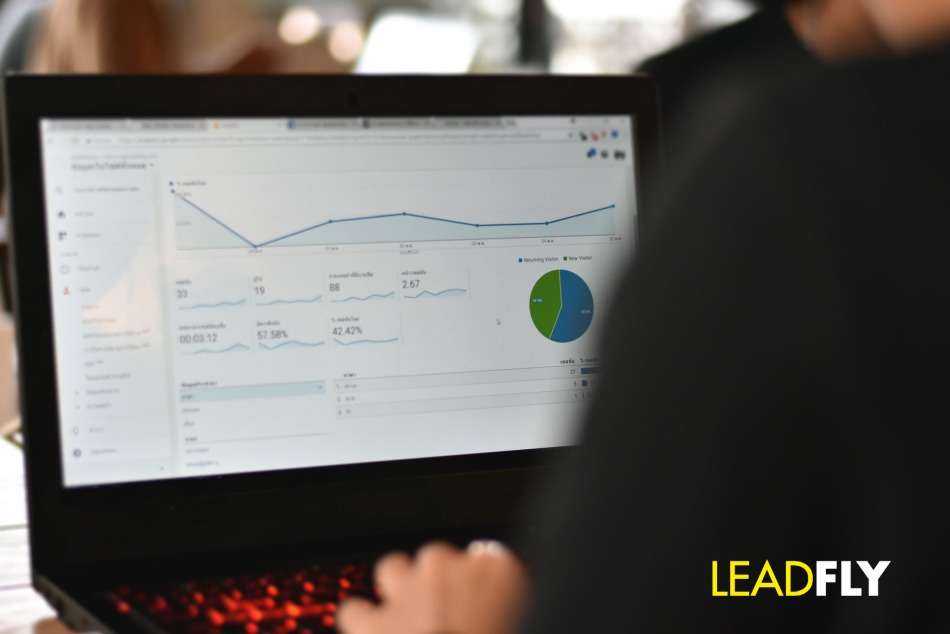Navigating Success: Tracking and Analysing Local SEO Performance
Table of Contents
Tracking and Analysing Local SEO Like A Pro
Why Track Local SEO Performance?
Tracking local SEO performance allows you to understand the effectiveness of your strategies. It highlights areas of success and pinpoints areas requiring improvement. Ultimately, it provides the insights needed to optimise your local SEO strategy.
What Does Analysing Local SEO Entail?
Analysing local SEO involves examining key performance indicators (KPIs), interpreting the data, and drawing actionable insights. It provides a clear picture of your business’s online visibility, customer engagement, and overall performance in local search.

Key Metrics to Track in Local SEO
Local Search Rankings
Tracking your rankings for locally relevant keywords can provide insights into your visibility on search engine results pages (SERPs) and the effectiveness of your keyword strategy.
Website Traffic
Monitoring the amount of traffic and its sources can help you understand which channels drive the most visits to your website.
Click-through Rate (CTR)
CTR measures the number of clicks your listings receive versus the number of times they’re viewed (impressions). A high CTR indicates compelling listings that attract clicks.
Online Reviews and Ratings
Reviews and ratings significantly impact your local SEO. Tracking them can provide insights into customer satisfaction and your online reputation.
Tools for Tracking and Analysing Local SEO Performance
Google Analytics
Google Analytics provides comprehensive data about your website traffic, user behaviour, and more. It’s an invaluable tool for monitoring your local SEO performance.
Google Search Console
Google Search Console offers insights into your website’s search visibility, keyword rankings, and technical issues, aiding in optimising your local SEO efforts.
Moz Local
Moz Local is a dedicated tool for managing local SEO. It provides insights into your local search performance, reputation management, and more.
Using Insights to Optimise Your Local SEO Strategy
Adjusting Your Keyword Strategy
If certain keywords aren’t driving traffic or improving your rankings, it might be time to tweak your strategy. Try targeting different or more specific local keywords.
Enhancing User Experience
If you notice high bounce rates or low time on site, consider improving your website’s user experience. A user-friendly website can lead to better engagement and improved local SEO performance.
Improving Online Reputation
Negative reviews or low ratings can harm your local SEO. Use this feedback to improve your products or services and proactively manage your online reputation.

General FAQs
Q1. Why is tracking and analysing local SEO performance important?
Tracking and analysing local SEO performance is important to measure the effectiveness of your strategies, understand areas of success and improvement, and make data-driven decisions for optimising your process.
Q2. What are some key metrics to track in local SEO?
Some key metrics to track in local SEO include local search rankings, website traffic, click-through rate (CTR), and online reviews and ratings.
Q3. Which tools can track and analyse local SEO performance?
Tools like Google Analytics, Google Search Console, and Moz Local can be used to track and analyse local SEO performance.
Q4. How can I use insights from tracking and analysing local SEO to optimise my strategy?
Insights from tracking and analysing local SEO can guide you in adjusting your keyword strategy, enhancing user experience, and improving your online reputation.
Conclusion
In the quest for local SEO success, tracking and analysing your performance is just as important as the strategies you implement. By closely monitoring key metrics and employing the right tools, you can gain invaluable insights and make informed decisions to propel your local SEO game.
So, set your sights on the metrics, get your tools ready, and track and analyse your local SEO performance!
For more information about how we can help you grow your business, or if you need specific advice, you can call us on 0800 110 5923, or you can fill out the contact form here and our support team will get in touch.
